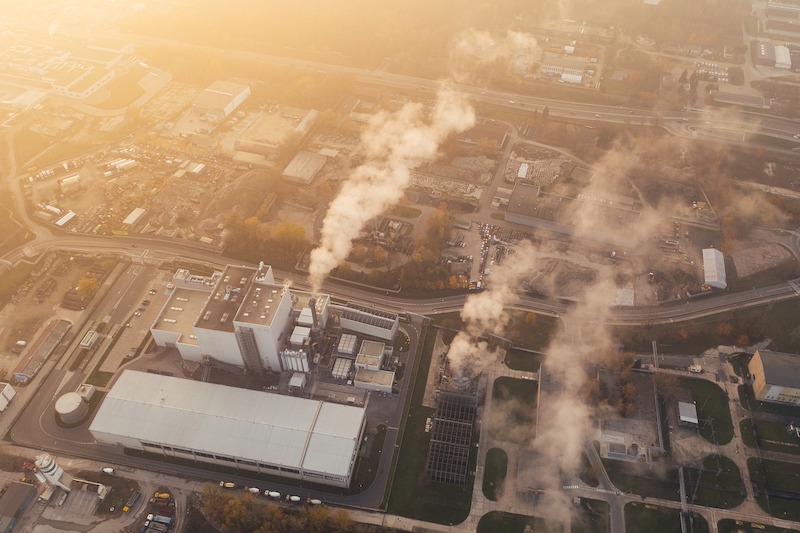State and municipal building standards aimed at driving building energy performance and reducing carbon emissions have teeth and will force building owners to retrofit their properties.
Three U.S. cities (Washington D.C., New York, and St. Louis) and Washington State have legislation on the books that created building performance standards. These policies include continuous improvement, with the standards getting increasingly more stringent over time.
In New York, the performance standard is a carbon emissions limit that begins in 2024. Building owners in New York face fines if they do not reach that limit by 2024.
In Washington D.C., the performance standard revolves around energy efficiency improvement, with the 2021 standard set at the local median Energy Star Score by property type. If the building does not meet the standard, it enters a five-year compliance cycle in which the building must reduce its energy intensity by 20%. The D.C. standards will be recalculated every six years.
Facility managers at any location could check where their building would fall under Washington D.C.’s standards or New York’s carbon limits to gauge how well the building is performing, and how much improvement might be required. Making improvements better positions the building to meet future standards while saving money on energy spending.
Related Stories
| Jul 17, 2013
EPA continues work on new federal stormwater regulations that are expected to impact development
The Environmental Protection Agency continues to develop new stormwater regulations that are expected to force project developers to write stormwater considerations into designs.
| Jul 11, 2013
DOE releases stricter energy efficiency standards for new federal buildings taking effect in 2014
The Energy Department released stricter energy efficiency standards this month for new federal buildings.
| Jul 11, 2013
Pennsylvania legislators work on bill to update demolition codes following fatal building collapse
Pennsylvania lawmakers are working on a bill to update demolition codes, in the wake of a fatal building collapse in Philadelphia in June.
| Jul 11, 2013
Lawsuit challenges modular apartment project in New York City
A plan to build pre-fab apartment buildings at Atlantic Yards in Brooklyn, N.Y., has been challenged by a lawsuit filed by the Plumbing Foundation in Manhattan Supreme Court.
| Jul 5, 2013
OSHA to launch program to protect workers from isocyanate exposure
The Occupational Safety and Health Administration (OSHA) has announced a new national emphasis program (NEP) to protect workers from serious health effects caused by occupational exposure to isocyanates.
| Jul 5, 2013
New California building code expected to boost energy demand response technology
The California master building code, set to go into effect on Jan. 1, 2014, includes a few changes that could push automated, open-standards-based demand response into the mass market.
| Jul 5, 2013
USGBC adds several new LEED pilot credits
The U.S. Green Building Council has added several new LEED pilot credits to the LEED Pilot Credit Libraryin the past few months.
| Jul 5, 2013
Spray Foam Coalition supports new professional certification program for applicators
The Spray Foam Coalition (SFC) of the American Chemistry Council announced its support of the Spray Polyurethane Foam Alliance’s (SPFA) new Professional Certification Program for spray foam applicators.
| Jul 5, 2013
Some industry insiders see design-build as easier path to LEED certification
The design-build construction delivery method may have advantages during a LEED certification process.
| Jun 27, 2013
Lease-accounting legislation could hurt construction industry
Regulatory bodies have proposed changes in how leased equipment is treated on a corporate balance sheet.
















